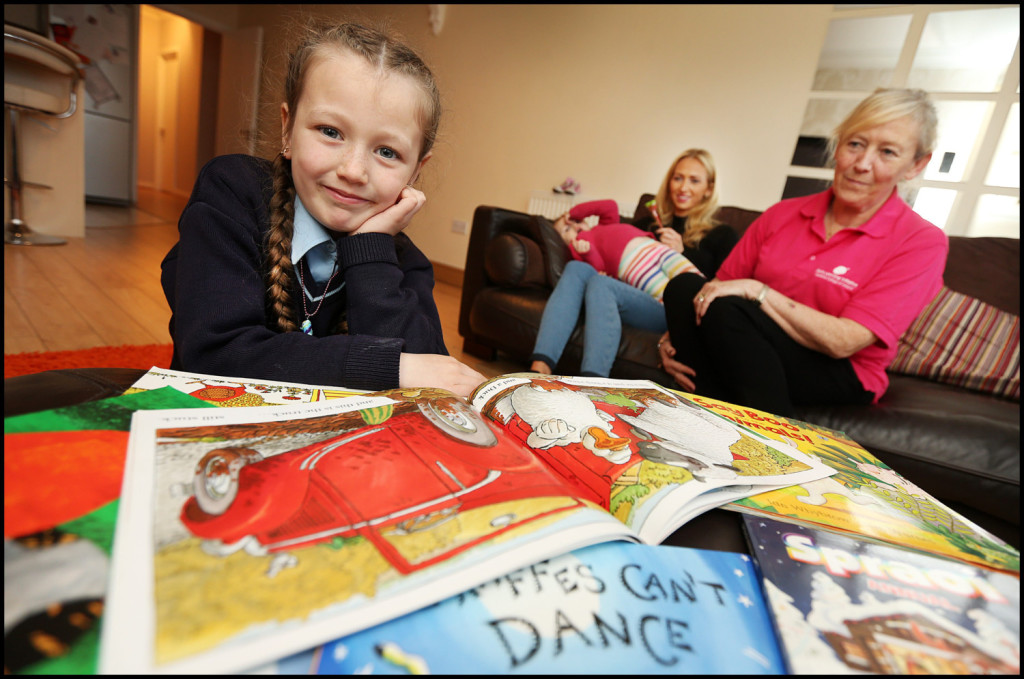– Many parents, especially in disadvantaged areas, are unaware of the vital importance of play and verbal interaction with young children. 90 percent of brain growth occurs before the age of five and a child’s chances of success are generally set before school begins. At this time, in matter of literacy and numeracy development, many three-year-old kids from poor backgrounds are already far behind their peers – a divide that can be addressed much earlier.
– An early start seems to be an effective way to close the education gap between kids from unequal neighborhoods. The Parent Child Home Programme (PCHP) – a school readiness initiative that aims to fostering preschool literacy and numeracy skills in Dublin (Ireland) – shows how early intervention in families, based on educational play, can narrow the early learning gap. When starting school, kids from disadvantaged environments who benefited from the program scored even better in English and Maths than their peers from middle class schools.

Image: Leah Martin (7) reads to her mum, sister and grandmother, showing the benefits of her time with PCHP (Steve Humphreys)
READ THE ORIGINAL ARTICLE


